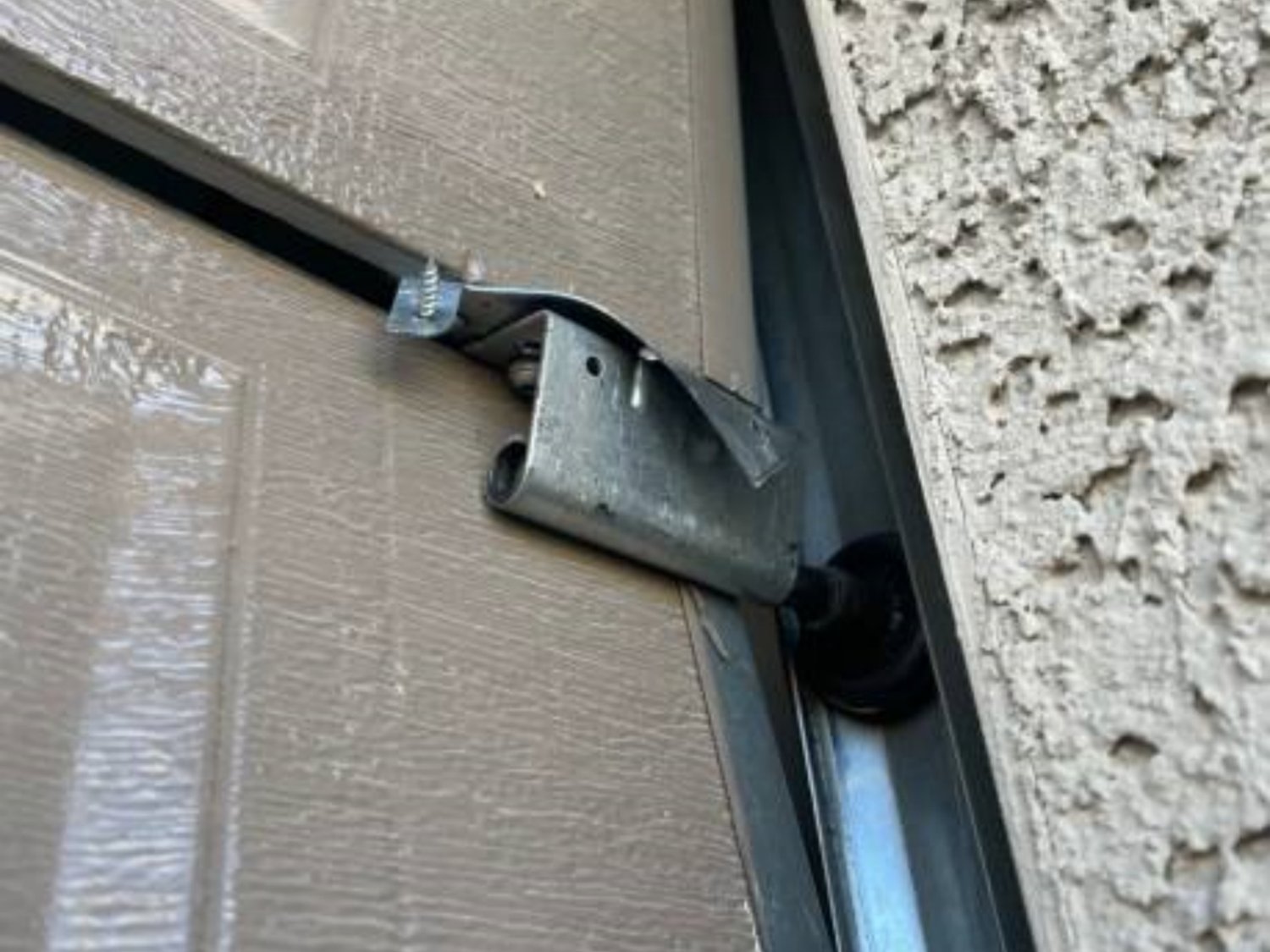torsion spring vs extension spring: A Comprehensive Comparison
When it comes to garage doors, torsion springs and extension springs are two commonly used types of springs. Each type has its own unique characteristics and functions. In this article, we will compare torsion springs and extension springs in terms of their design, functionality, installation, durability, and cost.
1. Design of torsion springs and extension springs
Torsion springs are helical springs that store mechanical energy when twisted or coiled. They exert torque or rotational force and are typically mounted above the garage door. On the other hand, extension springs are also helical springs but are designed to stretch or extend. They are mounted on both sides of the garage door, parallel to the horizontal tracks.
2. Functionality of torsion springs and extension springs
Torsion springs work by twisting and untwisting, which helps in lifting and lowering the garage door smoothly. They provide balance and counterbalance the weight of the door, making it easier to open and close. Extension springs, on the other hand, stretch and contract to facilitate the movement of the door. They work in conjunction with the cables and pulleys to ensure a controlled opening and closing motion.
3. Installation
Installing torsion springs requires professional expertise and specialized tools. They are typically mounted on a shaft above the garage door and are under high tension. Extension springs, on the other hand, are relatively easier to install and can be done by homeowners with some mechanical skills. They are attached to the track brackets and require proper tension adjustment.
4. Durability of torsion springs and extension springs
Torsion springs are known for their durability and can last up to 10,000 to 20,000 cycles, depending on the quality and usage. They are designed to withstand heavy loads and provide reliable performance. Extension springs, however, have a shorter lifespan and are rated for around 5,000 to 10,000 cycles. Frequent use or extreme temperatures can reduce their lifespan.
5. Cost of torsion springs and extension springs
In terms of cost, torsion springs are generally more expensive than extension springs. The higher price is justified by their superior performance, durability, and the need for professional installation. Extension springs are more affordable and easily available, making them a popular choice for budget-conscious homeowners.
6. Safety of torsion springs and extension springs
When it comes to safety, torsion springs are considered to be safer than extension springs. Torsion springs are enclosed in a metal tube, minimizing the risk of injury in case of a spring failure. On the other hand, extension springs are exposed and can pose a potential safety hazard if they break or snap. Regular maintenance and inspection of both types of springs are crucial to ensure safe operation.
7. Adjustability of torsion springs and extension springs
Torsion springs offer more adjustability compared to extension springs. The tension in torsion springs can be adjusted by tightening or loosening the winding cone on the shaft, allowing for precise balancing of the garage door. Extension springs, on the other hand, have limited adjustability and often require replacement if the tension needs to be changed.
8. Noise Level
Torsion springs are generally quieter compared to extension springs. The twisting and untwisting motion of torsion springs produces less noise, resulting in a smoother and quieter operation of the garage door. Extension springs, on the other hand, can create more noise due to their stretching and contracting motion.
9. Performance in Cold Weather
In cold weather conditions, torsion springs perform better than extension springs. Torsion springs are less affected by temperature changes and maintain their elasticity, ensuring consistent performance. Extension springs, on the other hand, can become stiffer and lose some of their flexibility in cold temperatures, affecting the smooth operation of the garage door.
10. Choosing the Right Spring
Choosing between torsion springs and extension springs depends on various factors such as the weight of the garage door, available space, budget, and personal preference. If you have a heavier door, torsion springs are recommended for their superior lifting capacity and durability. For lighter doors or limited headroom, extension springs can be a suitable option. It is always advisable to consult a professional garage door technician to determine the best spring type for your specific needs.

